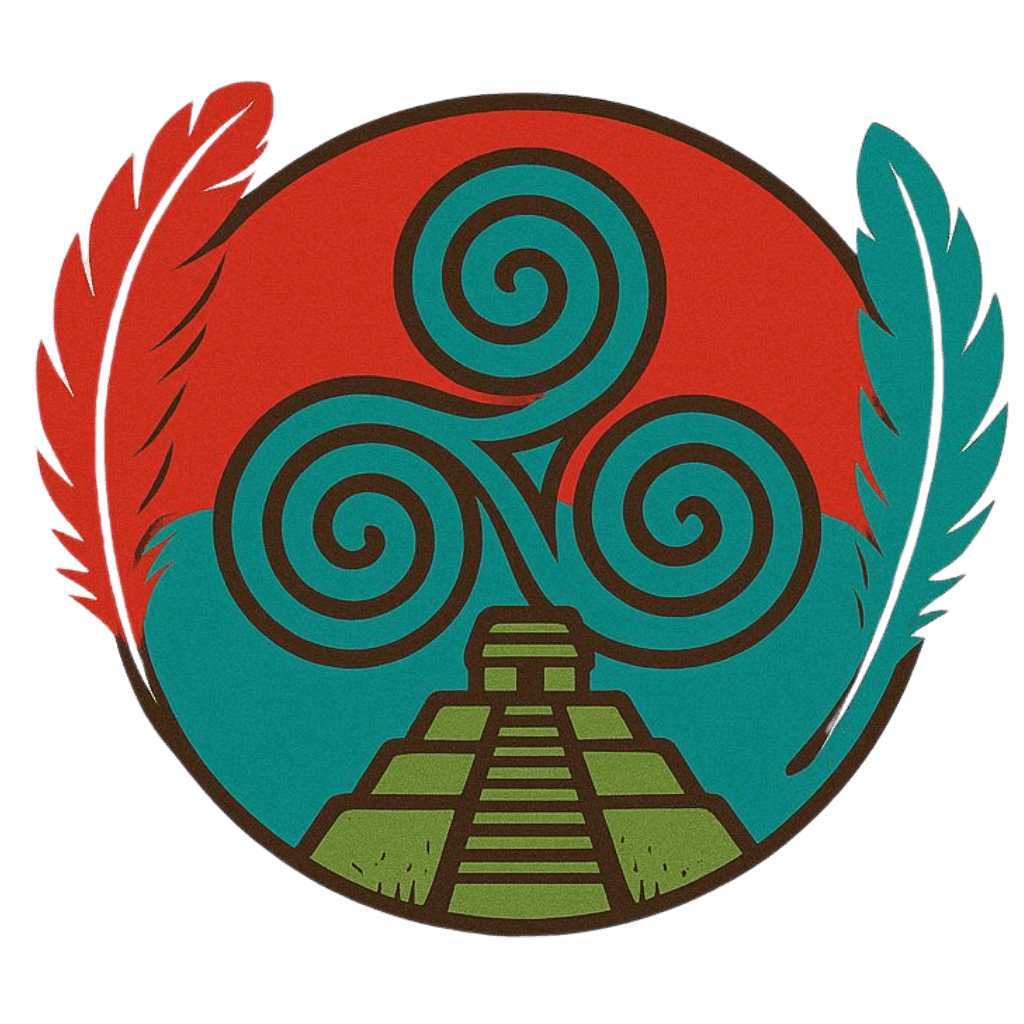
By Phoenix Guayamoc

This report presents a layered exploration of possible alliances and cultural connections between the Arawak peoples of the Caribbean and the Polynesian navigators of the Pacific. While no direct treaty or formal pact survives in the written record, archaeological, linguistic, mythological, and genetic evidence point toward an ancient transoceanic kinship or shared maritime consciousness.1. Navigational Mastery and Canoe TechnologyBoth the Arawak (including Taíno and Lokono) and the Polynesians were master ...

By Ivan - June 11, 2025

The Caribs—also known as Kalinago (their self-name)—are one of the most resilient and misunderstood Indigenous peoples of the Caribbean. Here’s a structured overview of their origins, culture, and historical impact:⸻1. Origins and Identity • Name: Kalinago is the name they call themselves. “Carib” is the European exonym. • Homeland: They originally occupied much of the Lesser Antilles—from Dominica and Saint Vincent to Grenada and parts of Trinidad. • Hairouna: Saint ...

By Phoenix Guayamoc - June 11, 2025

…you, arms in hand, your sacred and inalienable rights.After the terrible example I have just given, sooner or later divine justice will unleash itself upon the earth. These strong souls, above the weaknesses of the common, for the downfall and terror of the wicked; tremble, tyrants, usurpers, scourges of the new world; our daggers are sharpened, your tortures are ready.Sixty thousand men, armed, seasoned, obedient to my orders, burn to ...

By Ben Pantera - May 28, 2025

If you’re digging into how colonial systems erased Indigenous identities, you’ve just hit the nerve center: Walter Ashby Plecker (1861–1947), Virginia’s first registrar of vital statistics and the man who turned bureaucracy into a weapon of genocide.
Yes, genocide. Not the kind with guns and armies—but with ink, laws, and lies.
Let’s break down how this one man helped erase entire Indigenous nations from official existence—and how his legacy still affects people ...

May 19, 2025

“The mountains do not forget. The stones remember our footsteps.”
Across the Andes and the Caribbean, from the Qhapaq Ñan to Morne Rouge, our ancestors left
more than stories. They left fire. Memory. Direction.
Before colonial maps, before borders, before the lie of erasure, the people of the sun traveled
by stars and volcanoes. The Inka empire—Tawantinsuyu—was not a beginning but a
resurgence. It stood on ancient roads ...

By Phoenix Guayamoc - May 16, 2025

Caonabo"1493"Caonabo, cacique of Ayiti, led attacks against the Spaniards for the mistreatment of the Taíno people, resulting in an uprising where 39 were killed, and he was subsequently arrested.Legend has it that the ship carrying him would not arrive at its destination because he led a revolt and sank it at sea.And it is documented that this ship was lost in a shipwreck not far off the coast due to ...
